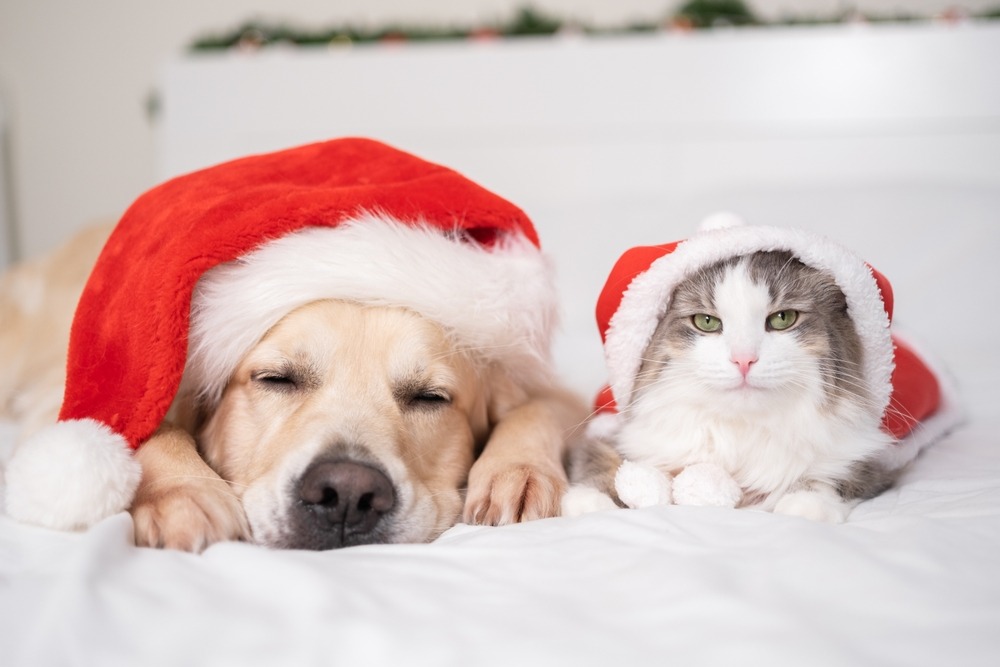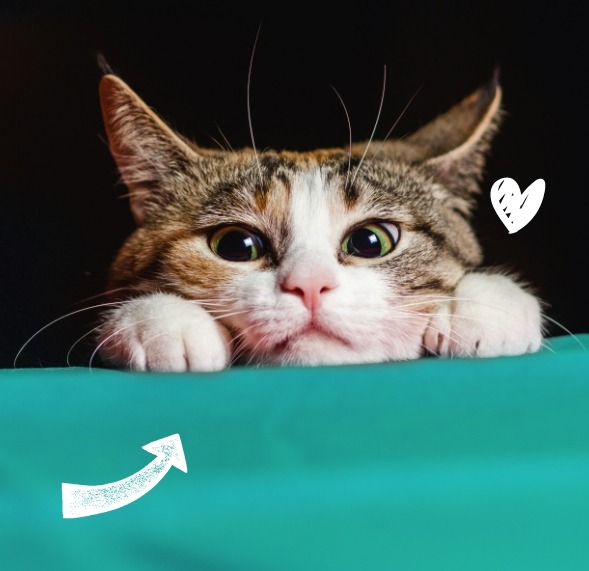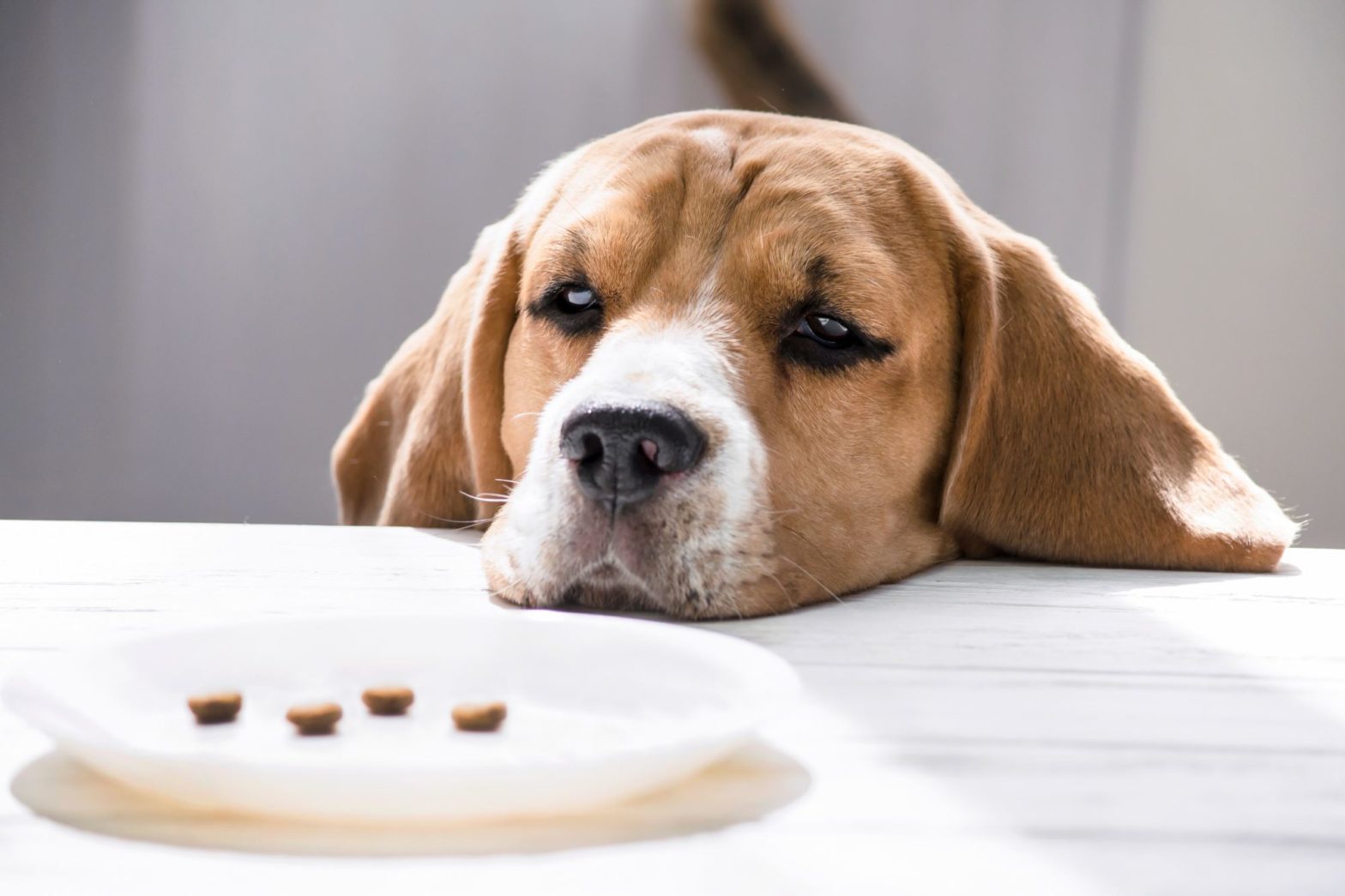
Regardless of whether you’ve just added a new puppy to the family in lockdown or whether you’ve had a faithful dog as your best friend for years, it can be really upsetting and worrying when your dog refuses to or won’t eat for whatever reason.
There are a variety of reasons behind this, from trivial attitude problems, to serious underlying health issues. It’s super important to keep an eye out for your dog’s eating patterns in order to create the best course of action for them and your peace of mind!
Because a dog’s loss of appetite can indicate illness, it’s important to seek veterinary care if you notice changes in your dog’s eating habits and you’re worried. This is especially the case if your dog is normally a good eater and you see a rapid change in that behaviour.
The first thing to keep in mind is that not all dogs are the same; they differ in temperament, breeds, and (from Yorkies to Great Danes), especially size! As a result, there isn’t one treatment to suit all dog types, but you can take some steps to find out the source of the problem…
First step – make sure their appetite changes aren’t due to illness…
If your dog has lost its appetite, it might be because they’ve been naughty and eaten something they shouldn’t have.
With common household foods like grapes and chocolate proving toxic for dogs, if you suspect that your dog has eaten something bad, definitely make sure you book an emergency appointment with your vet as soon as possible.
Our top five most common reasons why your dog won’t eat:
Just like in people, there are a variety of reasons dogs might refuse to eat. These include:
- Being overly fussy or displaying behavioural issues
Some dogs just like to be plain fussy so-and-sos. But often, a refusal to eat might indicate you’re feeding them in situations where they aren’t comfortable. Ensure they have a quiet and relaxed place to eat and drink – (the same as how we’d want a romantic dinner setting!) so that they feel at ease when tucking into their food.
If you’ve ensured that they have a relaxed and safe environment, and the issue persists, be sure to consult your vet to make sure there are no underlying health conditions at play.
- Your dog might refuse to eat through illness
Especially when they’re usually scoffing their dinners and quickly lose appetite, a decreased level of feeding in dogs is often a sign of sickness.
This is especially the case when they’re displaying other visible signs of sickness such as vomiting or being overly timid and quieter than usual. It could be a sign of illness, ranging from a sickness bug to cancer and liver problems. You should get your dog seen by the vets if you’re worried.
- Dental issues
Just as a painful molar would put us off our toffees for a while, your dog might not want to eat its food if it’s having gum or teeth problems. There might be something in its mouth causing pain or could have a loose or broken tooth. Do have a quick check of your dog’s mouth condition and consult a vet if problems persist.
- Unsettled and unfamiliar with surroundings
As humans get homesick, so do our dogs… If you’ve recently adopted/purchased a dog, or if you’ve moved house, they could be missing their old stomping ground. Some animals also get motion sickness if they’re regularly traveling in cars. These behaviours are all very normal, but should quickly wear off after a while so keep an eye on it.
- Recent injections
As with humans, vaccines are an essential way for dogs to keep serious diseases at bay. However they can often have adverse side effects. These are rarely serious and won’t last long, but can include a temporary loss of appetite in dogs.
What to do when your dog won’t eat
What you should do when your dog loses its appetite will be dependent on your vet’s advice, if it is due to sickness. However, if it’s more due to their behaviour, being fussy or their surroundings, you can take some steps at home to make sure they get back their healthy appetite!
These include:
- Trying different varieties of food, such as wet or dry, or adding water to food to soften it for them
- Ensure that your dog is fed on a regular time schedule, usually at least twice a day, depending on its size. Dogs generally thrive off having a set routine so try to ensure meals are at the same time every day
- You should cut back on feeding too many treats as this could ‘ruin their dinner’!
- You can make your dog’s dinner fun for your pooch by purchasing toys which dispense food
- Taking your dog for a long walk before their dinner is a great way to work up an appetite
- And finally, you might want to think about changing up your dog’s dinner area. They might be territorial when feeding with other pets, so try closing a door and leave them to eat in peace
Here at Webbox, we try to see the world from your pet’s point of view so we can understand what they want, not just what they need.
We put all our love, creativity and fun into everything we make, producing nutritional food and balanced treats designed to keep you and your pet happy and healthy.
You can, of-course, keep up to speed on our other top tips to prioritise your pet’s health and wellbeing by exploring our news & events.

Shop for Dogs
Personalise your search:
Shop for Cats
Personalise your search:
Our Most Popular Products

Webbox Dog Treasure Hunt Eggs

Webbox Lick-e-Lix with Beef Cat Treats

Webbox Lick-e-Lix Liver Sausage & Cat Grass Cat Treats

Webbox Lick-e-Lix Cheese & Taurine Cat Treats

Webbox Lick-e-Lix Chicken Cat Treats
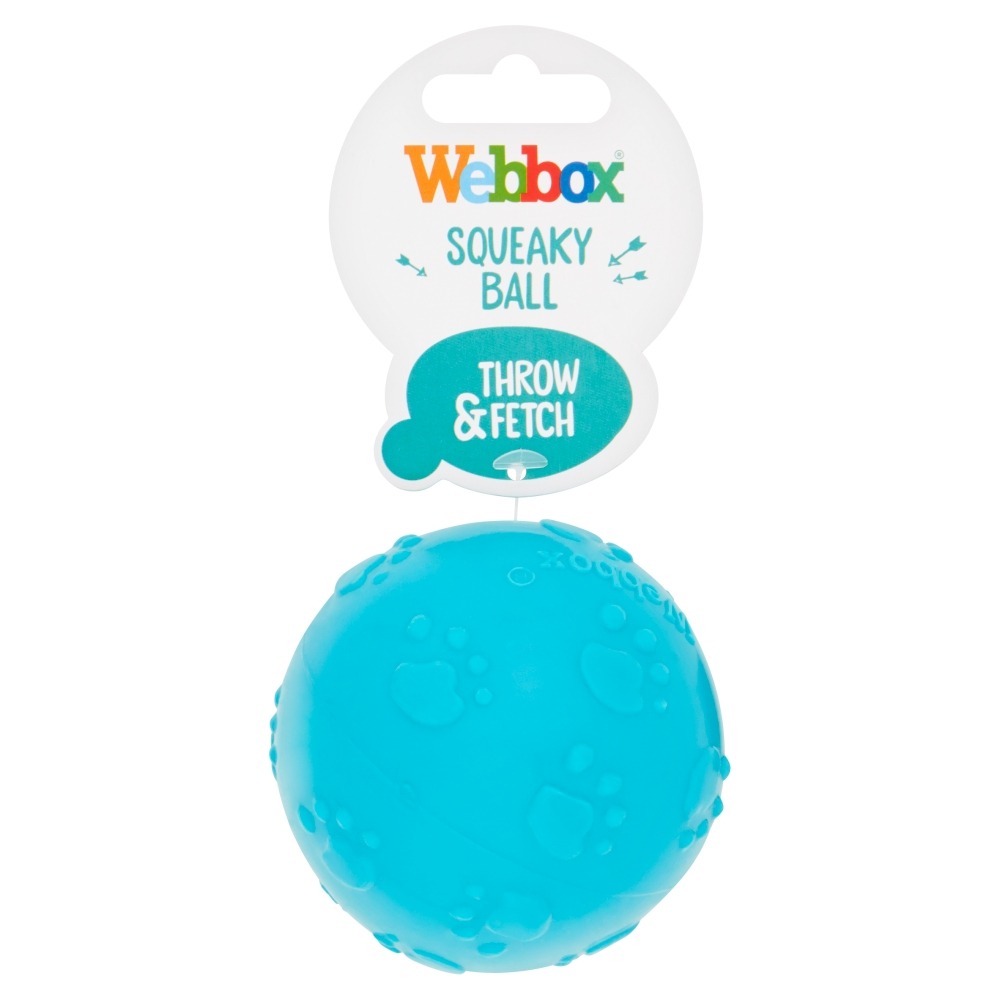
Squeaky Ball
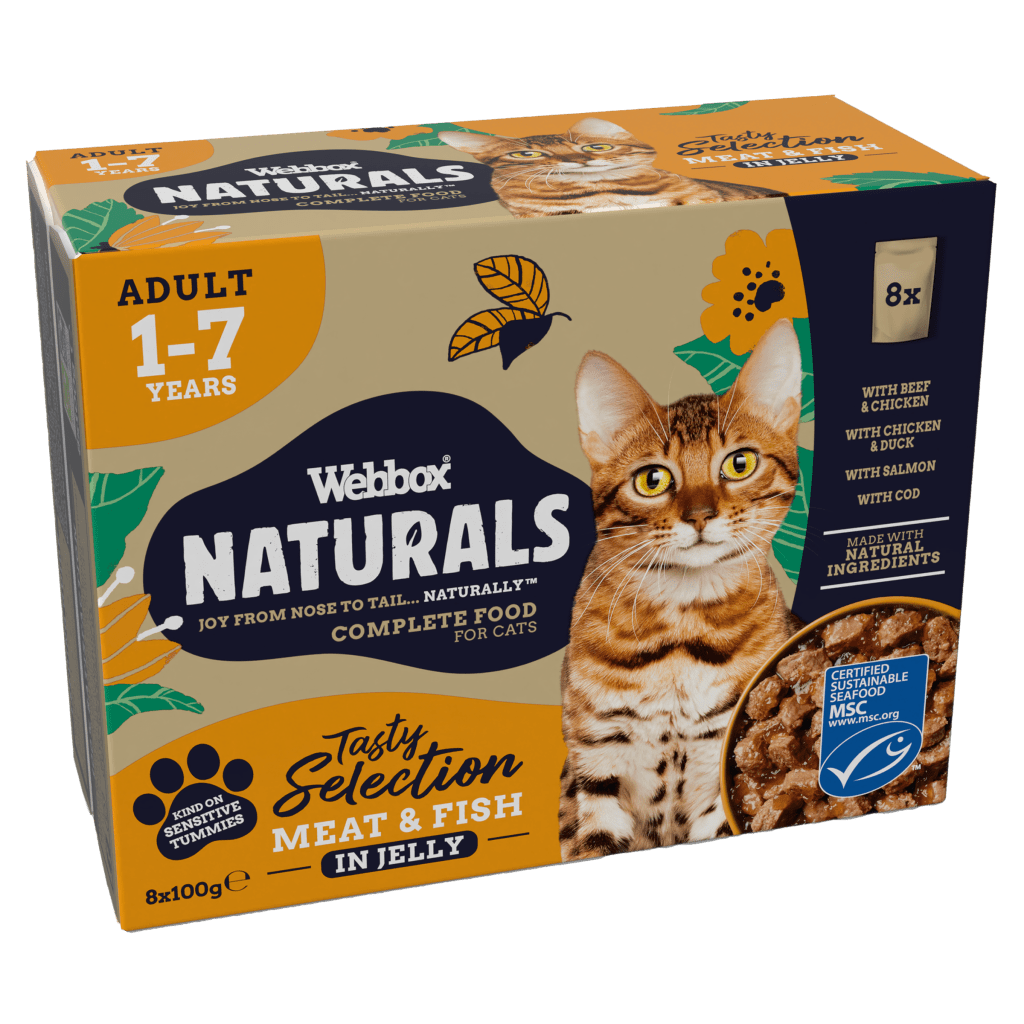
Webbox Naturals Fish & Meat in Jelly Wet Cat Food
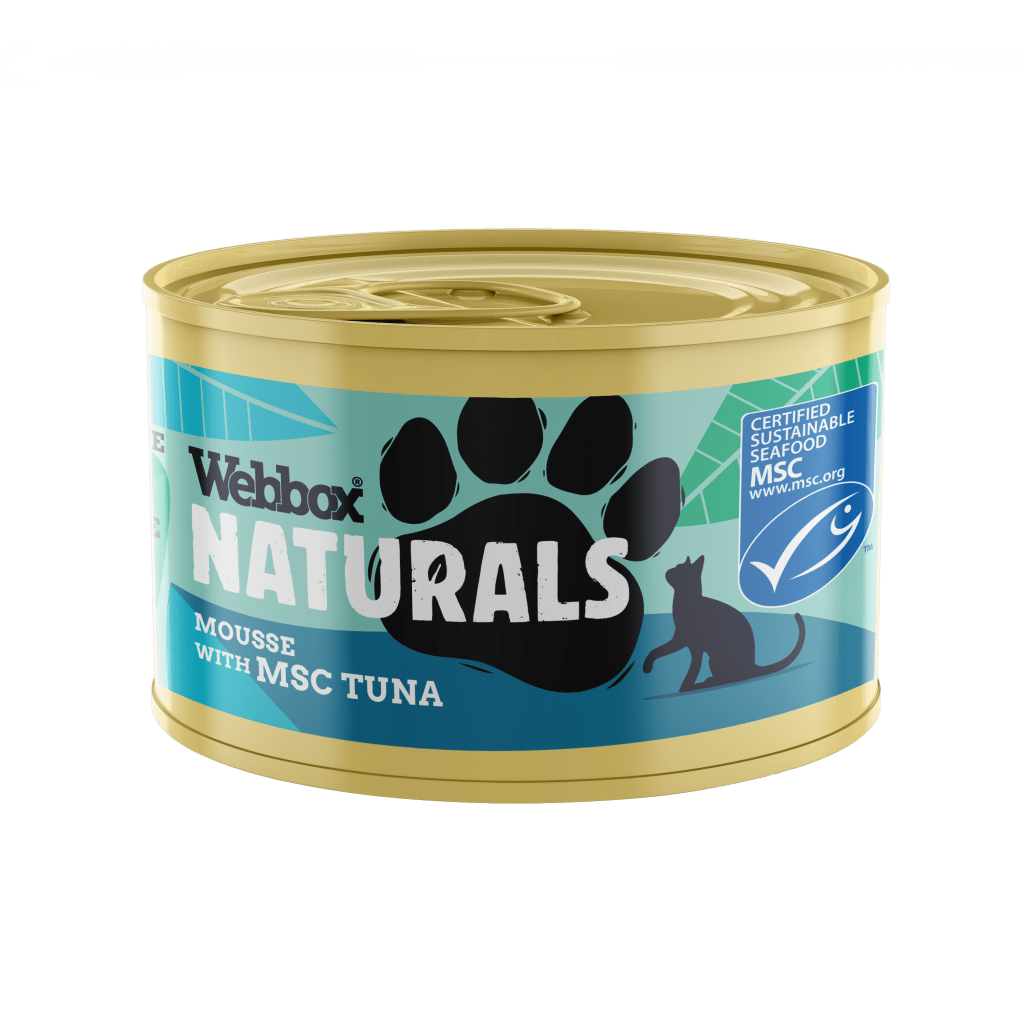
Webbox Naturals Tuna Mousse Wet Cat Food
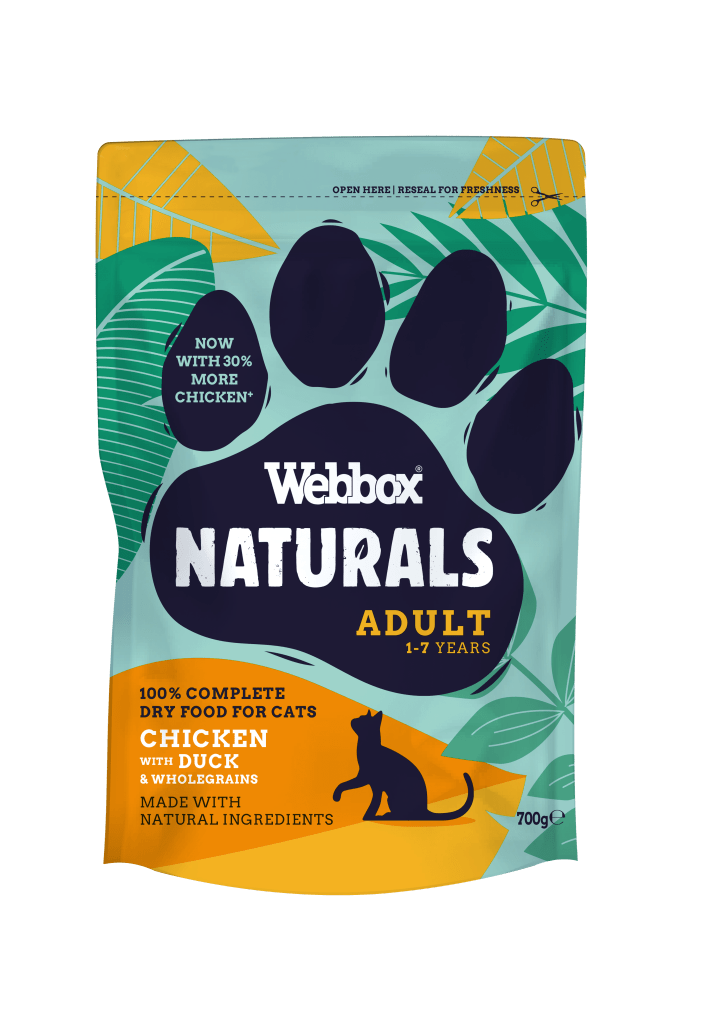
Webbox Naturals Dry Adult Cat with Chicken and Duck Dry Food

Webbox Cat Easter Egg
Get the latest tips ‘n’ advice
Want to find out interesting facts and get helpful tips?
Need help choosing the right food?
Try our Pet Food Finder.

 FREE delivery on orders over £40!
FREE delivery on orders over £40!



